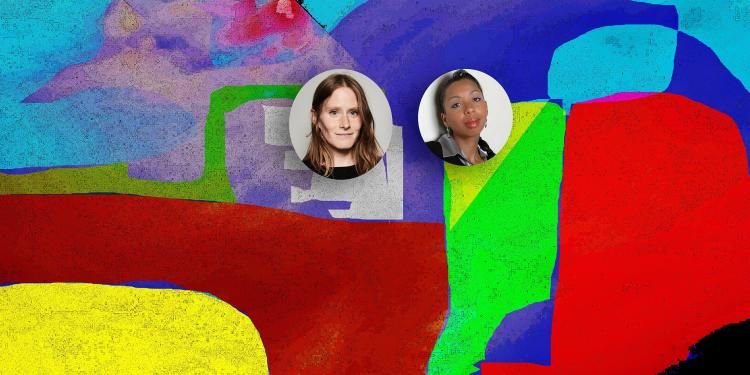Much moves and remains in darkness in NDiaye’s books, from the motivations of her characters to the rules of the social worlds in which they find themselves. In That Time of Year, for example, Herman and his family, holidaying in rural France, stay in the village one day beyond the end of the usual tourist season. Their mistake is a fatal one: from one day to the next, the pleasant weather suddenly turns, Herman’s wife and child go missing, and Herman, in searching for them, finds himself unable to navigate the town’s labyrinthine bureaucracy and unfathomable social order. It’s a really unsettling book in part because of the way Herman’s expectations – of being able to understand the systems of the place and to make himself understood – are very much frustrated.
So, there are a number of ways that I have been changed by NDiaye’s work and a number of ways I was inspired by it when writing Study for Obedience. For one thing, the past is not past for the narrator of my novel, just as it’s not for the protagonists of many of Ndiaye’s books, and I wanted to explore how this might manifest in the particular circumstances of her life. I was also curious about what is made possible by refusing the reader clear points of orientation – part of this was that I wanted to explore the way a certain experience of history might be transmitted across generations, across a whole people. I’m not talking about the transmission of a specific and locatable historical event, but something a bit more nebulous and also something vaster than that, more like a historical sense of incipient catastrophe.
Another part of this is that there is something very compelling to me about the way NDiaye’s work often refuses to render things transparently – the motivations of characters, the rules of the social world, even sometimes the settings and landscapes themselves. They remain opaque; they keep their secrets. I’m interested in what this kind of refusal suggests about ways of seeing the world. It seems to me to open up the possibility of finding new ways of understanding things that aren’t limited to systems of classification that render the object of observation transparent or that pull it into our own ways of knowing. There’s something there about a kind of knowledge that is not about understanding in this way. This is something my protagonist is working through as well – her inability to name the landscape around her, to understand the language of the people in the place she finds herself, her reckoning with the possibility that her understanding of history is perhaps not the same as theirs, and also the way that ‘names are secret; they are sacred’.

























